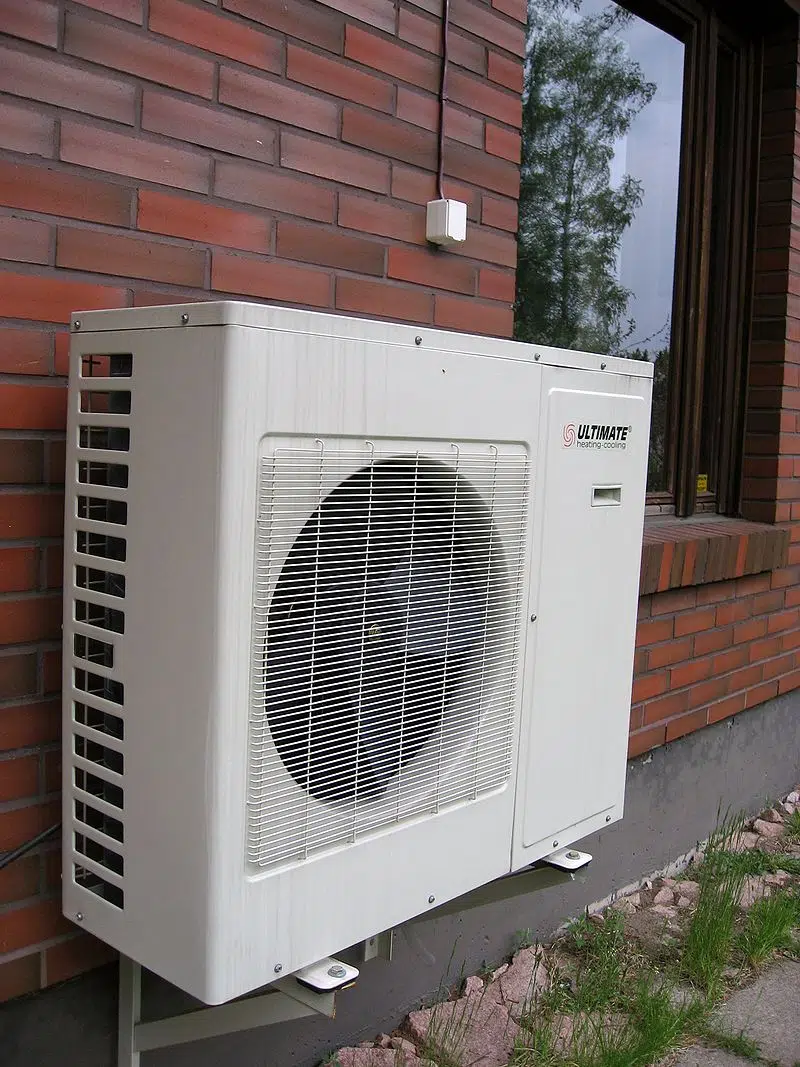Heat pumps are becoming the trend of the future for their cost efficiency and lower impact on the environment.
Dave Peacock of Friel Heating and Air calls heat pumps the fastest growing segment in their industry.
Heat pumps use the outside air to both cool and heat a home.
“What a heat pump does is it acts the same as an air conditioner but when we turn it over to heat pump mode, it has a reversing valve on it and goes from cooling that refrigerant to heating that refrigerant. So it uses air temperature and moisture in the air to heat that refrigerant.”
The systems have been around for a long time but were more prevalent in warmer climates like the southern U.S. because while they were great for cooling, they could not provide enough heat if temperatures dropped below approximately zero degrees celsius.
However, they’re gaining popularity in Canada because newer models have been designed to heat homes during temperatures of -25 degrees.
Peacock says heat pumps reduce our carbon footprint by creating fewer harmful emissions compared to systems using gas or oil.
The International Energy Agency (IEA) suggests that heat pumps could reduce global carbon dioxide (CO2) emissions by at least 500 million tonnes in 2030.
Heat pumps run on electricity so while your hydro bill will likely increase, there is still potential for great savings.
“Customers switching from oil and propane are the ones that are benefitting the most. If they were spending $2,000 a season on heating their house on propane, they would basically save upwards of 60% on their heating bills.”
He says the systems are extremely energy efficient and rarely need to run at full capacity.
Peacock adds the types of refrigerant used in heat pumps are also improving.
“A lot of the older units had older types of refrigerant in them as well which wasn’t as eco-friendly so we’re pulling all of that old refrigerant out and recycling that properly. And new systems that are going in are more environmentally friendly refrigerants.”
And while the purchase and install costs vary, Peacock says government rebate programs provide great incentives to switch to a heat pump.
“So for example, you know if you were to put in an air conditioner, you’d be, say, around $5,000. If you’re gonna put in a heat pump, you’re gonna be around $10,000, but you’re gonna get a rebate back of at least $5,000 and that’s one of the reasons we’re seeing the very large spike in heat pump sales.”
The IEA reports Canada is among 30 countries that provide heat pump rebates.
Peacock believes the only real con is that if it does get colder than -25, heat pumps cannot provide proper heating so some people are keeping their old furnaces as a backup system.
Previous rebate programs were based on also removing the old heat source but Peacock says that stipulation has been removed.
Read the IEA report on The Future of Heat Pumps here.






